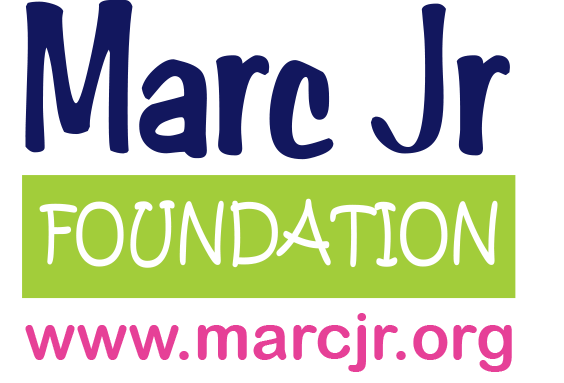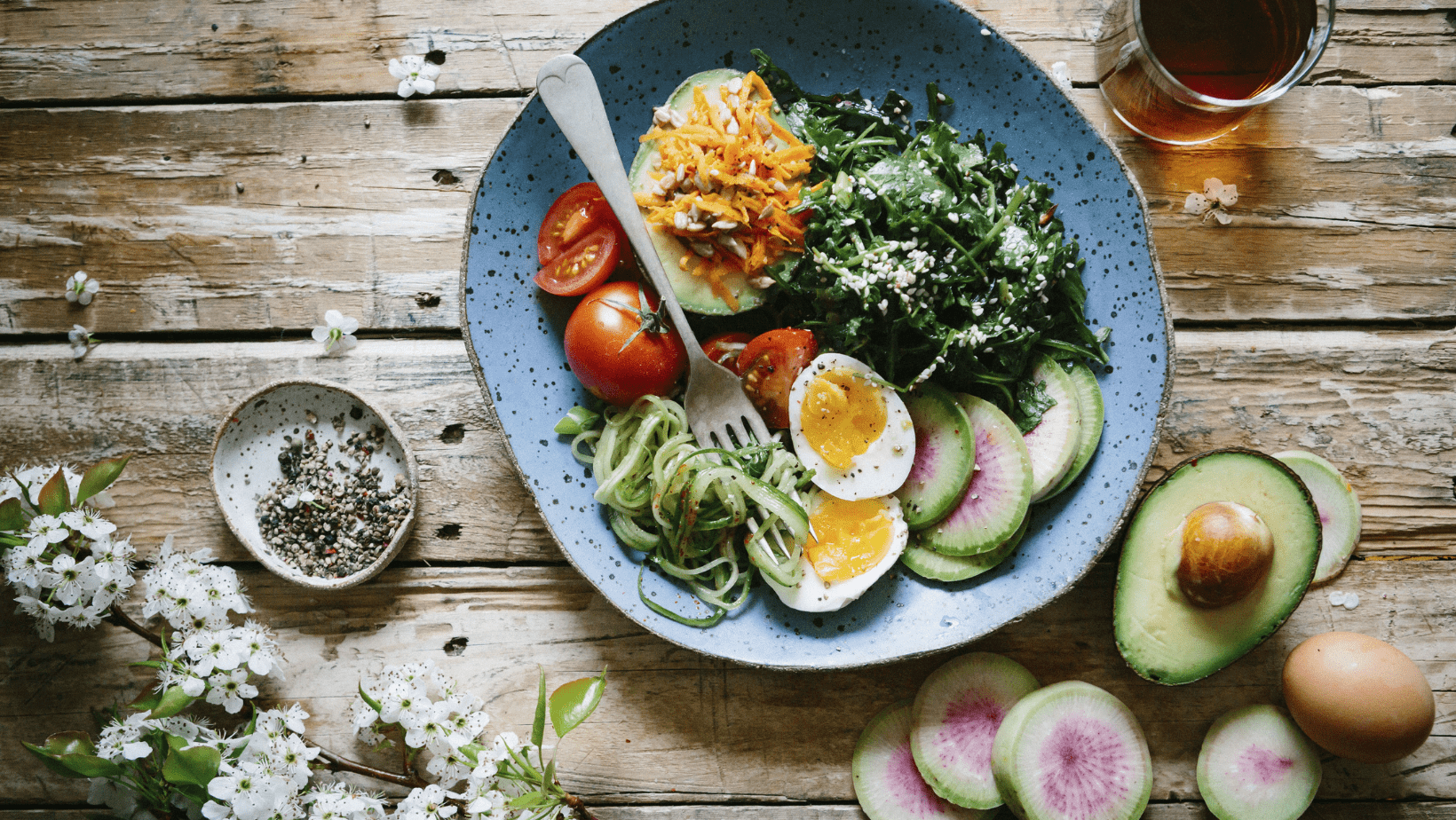Introduction
A cancer diagnosis can be overwhelming, and it often comes with a host of questions about how to best manage your health. While diet alone cannot cure cancer, a well-balanced and nutrient-rich diet can play a crucial role in supporting your overall health and well-being during cancer treatment and recovery. In this blog post, we’ll explore some of the best foods for people with cancer, as well as dietary tips to help you maintain your strength and vitality.
Fruits and Vegetables
Berries: Blueberries, strawberries, and raspberries are rich in antioxidants, which can help combat inflammation and oxidative stress.
Leafy Greens: Spinach, kale, and Swiss chard are packed with vitamins, minerals, and fiber, supporting your immune system and overall health.
Cruciferous Vegetables: Broccoli, cauliflower, and Brussels sprouts contain compounds that may help reduce cancer risk and support detoxification.
Lean Proteins
Fish: Fatty fish like salmon, mackerel, and sardines are high in omega-3 fatty acids, which have anti-inflammatory properties.
Poultry: Skinless chicken and turkey provide lean protein necessary for tissue repair and immune function.
Whole Grains
Brown rice, quinoa, and whole wheat pasta are excellent sources of complex carbohydrates, fiber, and energy to help combat fatigue.
Legumes
Beans, lentils, and chickpeas are rich in protein and fiber, supporting muscle strength and digestive health.
Nuts and Seeds
Almonds, walnuts, and flaxseeds provide healthy fats, protein, and antioxidants, helping maintain energy levels and promote heart health.
Dairy or Dairy Alternatives
Low-fat dairy or fortified dairy alternatives like almond milk provide calcium and vitamin D for bone health.
Healthy Fats
Avocado, olive oil, and coconut oil are sources of healthy fats that can help maintain energy and support nutrient absorption.
Hydration
Staying well-hydrated is crucial during cancer treatment. Water, herbal teas, and diluted fruit juices can help keep you hydrated.
Dietary Tips for People with Cancer
Maintain a balanced diet with a variety of foods to ensure you get a wide range of nutrients.
Eat small, frequent meals to combat nausea and maintain energy levels.
Avoid sugary and processed foods that can contribute to inflammation and fatigue.
Work with a registered dietitian or nutritionist to create a personalized meal plan tailored to your needs.
Listen to your body; if you experience digestive issues or food aversions, adjust your diet accordingly.
Conclusion
While there is no one-size-fits-all diet for people with cancer, incorporating these nutrient-rich foods and following these dietary tips can help support your health and well-being during cancer treatment and recovery. Always consult with your healthcare team or a registered dietitian to develop a personalized nutrition plan that meets your specific needs and preferences. Remember that maintaining a positive attitude and seeking emotional support are also essential components of your cancer journey.
Whole Foods Market: https://amzn.to/3FkjQ3j – #ad







0 Comments